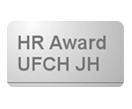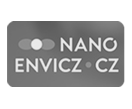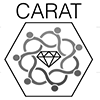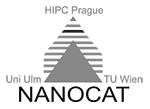Electron collisions with liquid phase systems
This project concerns the interaction of low-energy (from around 0 to few 100s eV) electron beam with liquid water and with molecules solvated in liquid environment. We will use and approach of combining a controlled incident electron beam with targets that are liquid and compatible with high vacuum. These will be (i) microdroplets originating from the aerodynamic lens system and (ii) continuous surface in the form of the liquid microjet. The probed energy range will cover the vibrational excitation of the liquid systems, valence electronic excitation and ionization and even the inner-shell excitation processes. The project will be primarily carried out at the host institution but will have an extensively collaborative nature. An important part is the secondment at Synchrotron Soleil, France, where the complementary experiments with relatively higher electron energies and soft x-ray radiation will be performed. The primary motivation for this project comes from the efforts to understand the elementary processes behind the high-energy radiation damage. It is well established that this is to a large degree caused by the secondary low-energy electrons produced in the medium, which efficiently break molecular bonds, e.g., via the dissociative electron attachment. Enormous amount of experiments has been performed in the last 15 years with biological molecules in the gas phase or deposited on surfaces. There is almost complete lack of knowledge on the electron-induced processes in molecules in aqueous solution, a natural biological phase of matter. The proposed project aims to fill this gap.
Nag Pamir Ph.D.
 jh-inst.cas.cz
jh-inst.cas.cz

















